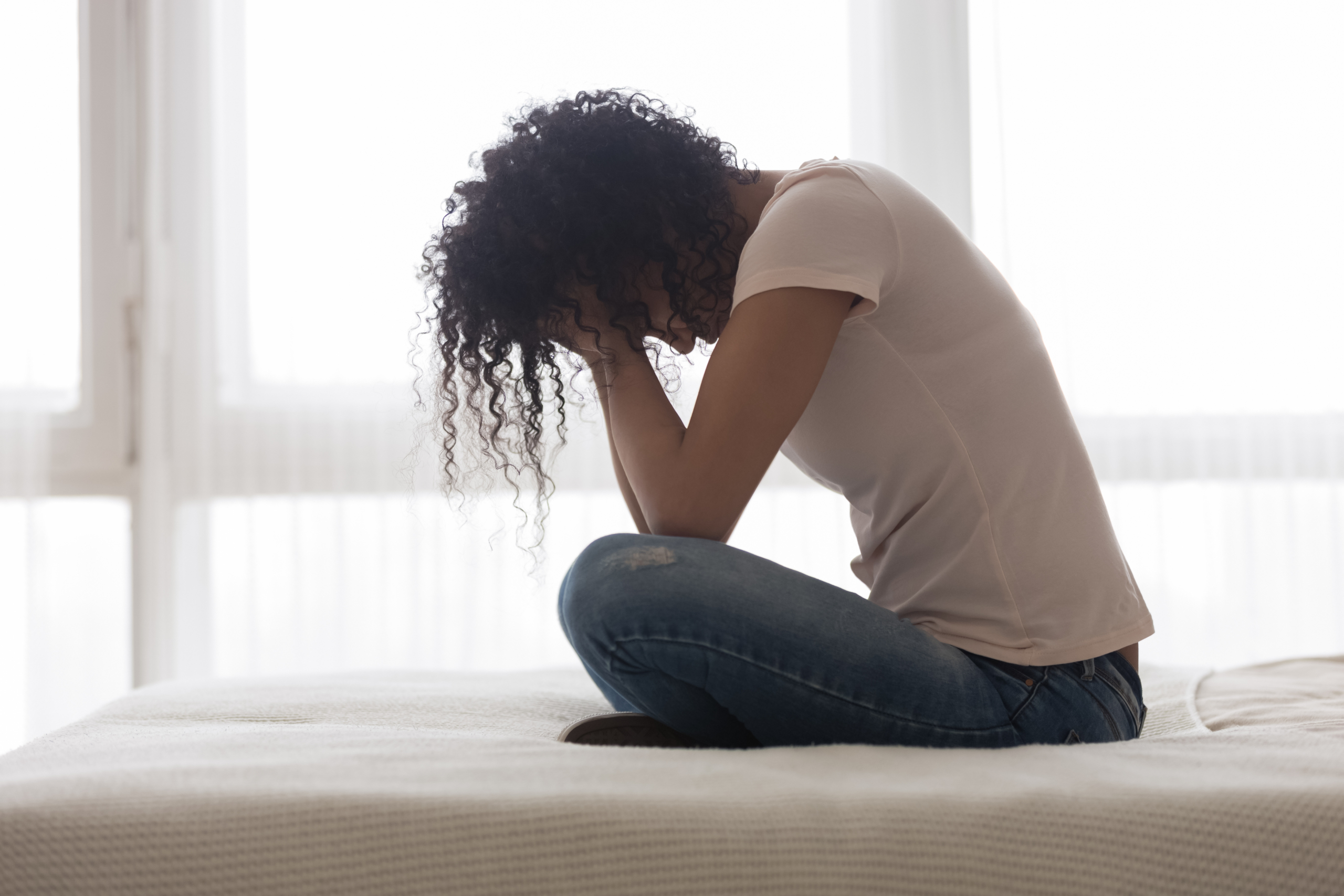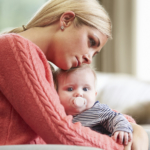In the United States, about one out of every 160 pregnancies ends in stillbirth, defined as a pregnancy loss occurring after 20 weeks’ gestation. Perinatal loss is a traumatic event for women and their families. While we clearly understand the potential for perinatal loss to cause significant emotional consequences, we have relatively little data on the prevalence of anxiety and depressive illness in this population of women. A recent study has examined risk for depression and anxiety in women who have experienced a stillbirth.
To better understand the psychological consequences of stillbirth, the Stillbirth Collaborative Research Network conducted a case-control study in 59 hospitals in five catchment areas in the United States. Women who had a stillbirth and had consented to be considered for future studies were contacted 6 to 36 months after delivery to participate in a telephone interview. Validated psychometric instruments were used to assess symptoms of depression and anxiety. Postpartum depression was defined as a score of 13 or higher on the Edinburgh Postnatal Depression Scale. Postpartum anxiety was defined as a score of 40 or higher on the State-Trait Anxiety Inventory for Adults.
Depression and Anxiety More Common Among Women Who Did Not Receive Paternal Support
Overall, rates of depression and anxiety were high (49.8%) in women who had experienced a stillbirth. However, women who did not perceive adequate paternal support following stillbirth had a significantly greater risk of experiencing PP depression and/or anxiety (80.6%) compared to women who received adequate support (45.8%). After correcting for potential confounding variables, the researchers observed that risk for PP depression and anxiety more than doubled in women reporting inadequate paternal support (adjusted ORs 2.23 for PP depression and 2.73 for PP anxiety).
Although this study is, to our knowledge, the first to look at perceived support as a risk for adverse psychological outcomes, the findings of the current study are in line with previous studies showing high risk of psychiatric morbidity in women after stillbirth. Previous studies have suggested that postpartum depression is two to four times more common in women who have experienced a stillbirth compared to women who had given birth to a liveborn infant. In addition, women who have had a stillbirth are more likely to experience depression and/or anxiety in subsequent pregnancies.
Most guidelines on screening for postpartum psychiatric illness do not identify women who have had a stillbirth as being at increased risk for postpartum illness. While this study clearly indicates that this group of women is at increased risk for postpartum psychiatric illness, they may not be screened or adequately assessed because women who have had a stillbirth may not return for obstetric follow-up and will not be observed in a pediatric setting.
Based on the findings of this study, we recommend that healthcare providers should routinely screen for symptoms of depression and anxiety among women after stillbirth. hIn addition, couples who have experienced a stillbirth may benefit from the support of others who have had a similar experience or professionals with expertise in this area. The American Pregnancy Association provides a list or resources for families who have experienced a stillbirth.
Ruta Nonacs, MD PhD
Lewkowitz AK, Cersonsky TEK, Reddy UM, et al. Association of Perceived Lack of Paternal Support After Stillbirth With Maternal Postpartum Depression or Anxiety. JAMA Netw Open. 2022;5(9):e2231111. doi:10.1001/jamanetworkopen.2022.31111








Leave A Comment